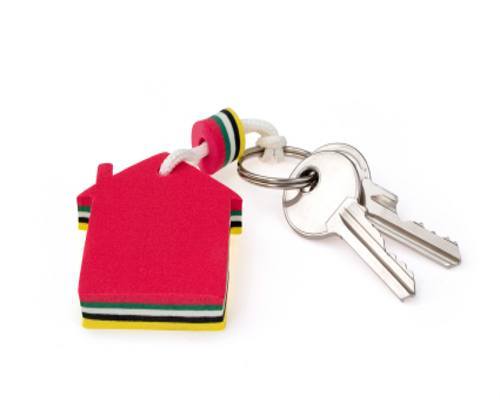In a rising interest rate scenario, times can be tough for an existing borrower who is a couple of years into his tenure. Ofcourse his monthly budget may not be affected in the short term, as often banks increase the loan tenure in most instances. However, increase in tenure would mean more interest outgo and if hikes happen repeatedly the borrower will take even more time to close out an already long term loan.
In such circumstances to either decrease his EMI burden or shorten the loan tenure – as the case maybe he can try to discuss the situation with the bank to arrive at a mutually beneficial solution. Though banks or HFCs do not offer the option of negotiating interest rates half way through one’s loan tenure, some banks and housing finance companies do consider a request from a borrower who has a good repayment track record.
On the basis of such a request, sometimes a loan conversion scheme could be worked out by the bank where the bank can shift an existing borrower to a new loan rate that a new borrower can lay claim to! In any case banks are expected to be involved in such an exercise when the base rate regime was introduced, where the old borrower can request to shift to the base rate system of interest rates.
Let us consider an example of how this works: Manoj took a loan from a housing finance company in November, 2008. After factoring in all his hikes he is currently paying a loan interest rate of 14% on his current outstanding loan amount. He approaches his housing finance company in an effort to negotiate his home loan interest rate as he finds that the new borrower is able to take up a loan at a much lesser interest rate than he is currently paying. On the basis of the good repayment track record the bank agrees to consider his request especially since he would always have the option of a loan transfer to a different bank.
However, to avail a new interest rate he would need to pay an upfront amount as a loan conversion fee. Banks usually charge a percentage of your outstanding principal amount as the conversion fee. The minimum percentage of your outstanding principal amount that is usually charged as fee is 0.5% -1%. The higher the spread between the new interest rate and the old interest rate, the higher the conversion fee that needs to be paid to the bank.
In case of a significant difference in spread, banks also calculate it in the following manner – By charging the consumer one half of the spread percentage of the outstanding principal amount.
Let us understand how much Manoj paid as loan conversion fee:
He took a loan of 30L on November 1, 2008 for a loan tenure of 20 years at an interest rate of 11.75%. His current interest rate is at 14% and outstanding loan amount is Rs.28.9 L.
The new interest rate he converted to in August 2011, will be 11%. The difference in spread between the two interest rates is 3%.
The percentage at which his loan conversion fee will be calculated on his current outstanding loan amount is ½ of 3% which is 1.5%.
Loan conversion fee =1.5% of 28.9 L =Rs.43,350.
If you do this periodically, you will be able to bring down your loan tenure considerably as the reverse happens (Increase in interest rate, will lead to increase in tenure, while if you move to a lower interest rate your tenure will decrease with the EMI being constant – i.e. same as when you started your loan). Of course you need to factor in the conversion fee and figure if it will still be beneficial. Chances are it will prove beneficial, helping you close out your loan earlier than planned.
Another way to do this conventionally is of course prepay your loan amount. Banks may have a clause stating you should not prepay immediately after you convert a loan. This may vary anywhere between 3- 6 months depending on the bank.
However, a combination of prepayment and conversion can yield good results. If your bank is not amiable to a loan conversion you should try prepaying in small amounts regularly instead. This is a more conventional and viable manner of closing out a loan in good time as well. Most banks offer prepayment rather than loan conversion.
